Buying a home is the biggest investment you will most likely ever make. Since most people are unable to pay hundreds of thousands of dollars upfront, you’ll need to take out a mortgage to cover what you can’t pay; to give you an example of what that might look like, the average new mortgage balance was $244,000 in 2017. Though there are a number of mortgage rates and mortgage options, there are four factors (known as PITI) that act as calculators for your potential monthly payments. Let’s take a look using a $100,000 mortgage as an example.
- Principal: A portion of each mortgage payment you make goes toward the repayment of the principal. Because loans are structured to return the amount of principal to the borrower at slowly increasing rates, the payments in the first few years are applied more to interest, while the payments in the final years are applied more to the principal. In the case of a $100,000 mortgage, the principal is $100,000.
- Interest: Mortgage lenders don’t give you money out of the goodness of their hearts; they collect interest as a reward for taking a risk on you. Your interest rate will directly impact on your potential monthly payments because higher interest rates mean higher mortgage payments. In general, the higher your interest rate, the less money you can borrow and vice versa.
- Taxes: Governmental agencies determine your real estate taxes on a per-year basis and use the money collected to fund public services (like schools, police forces, and fire departments). If you’d like, you can pay these taxes as part of your monthly payments; the amount will be divided by the total number of monthly mortgage payments and held in escrow (by your lender) until the taxes need to be paid.
- Insurance: There are two types of insurance coverage that may be included in a mortgage payment: property insurance and private mortgage insurance (PMI). Property insurance protects your home from disasters such as fire and theft, and PMI — which is required if you put down less than 20% on your home — protects the lender in the event you’re unable to pay your loan back.
Though there are many types of loans available, mortgages (or home loans) are undoubtedly the costliest. Determining whether you can afford one often comes down to your potential monthly payments. By considering the above factors, you can confidently figure out if buying a home is the right choice for you right now.



